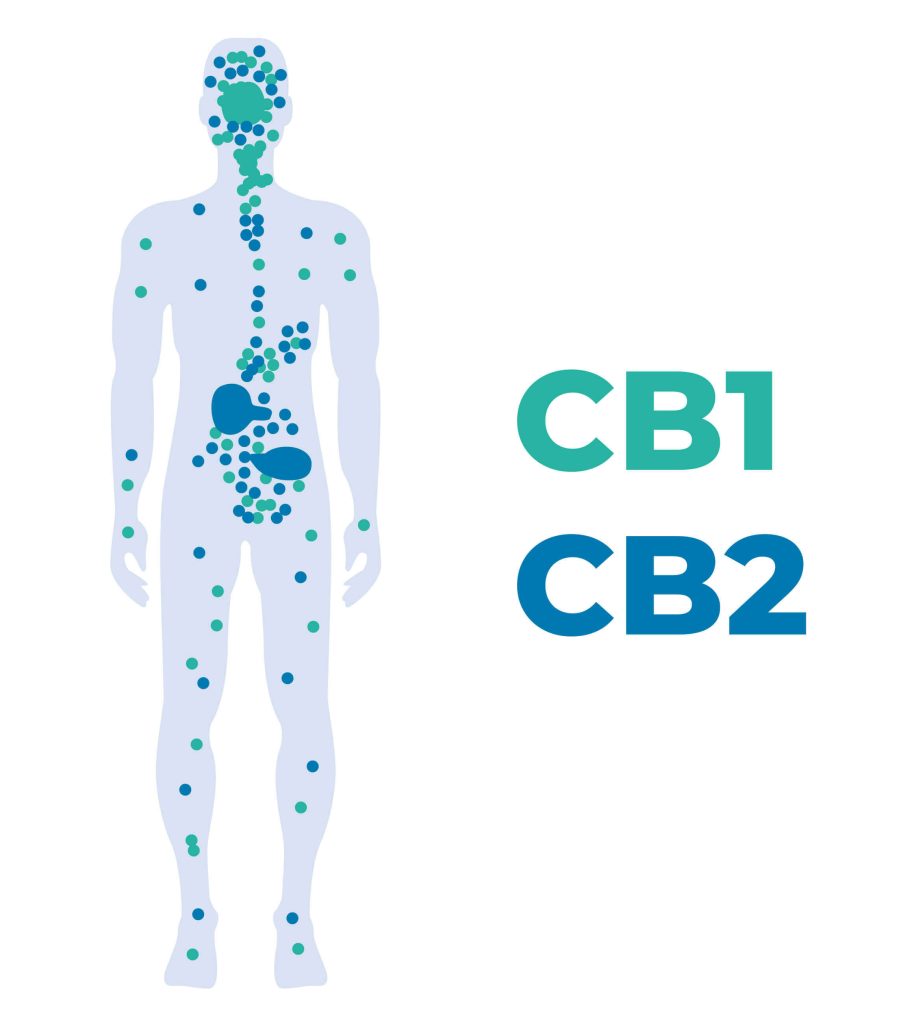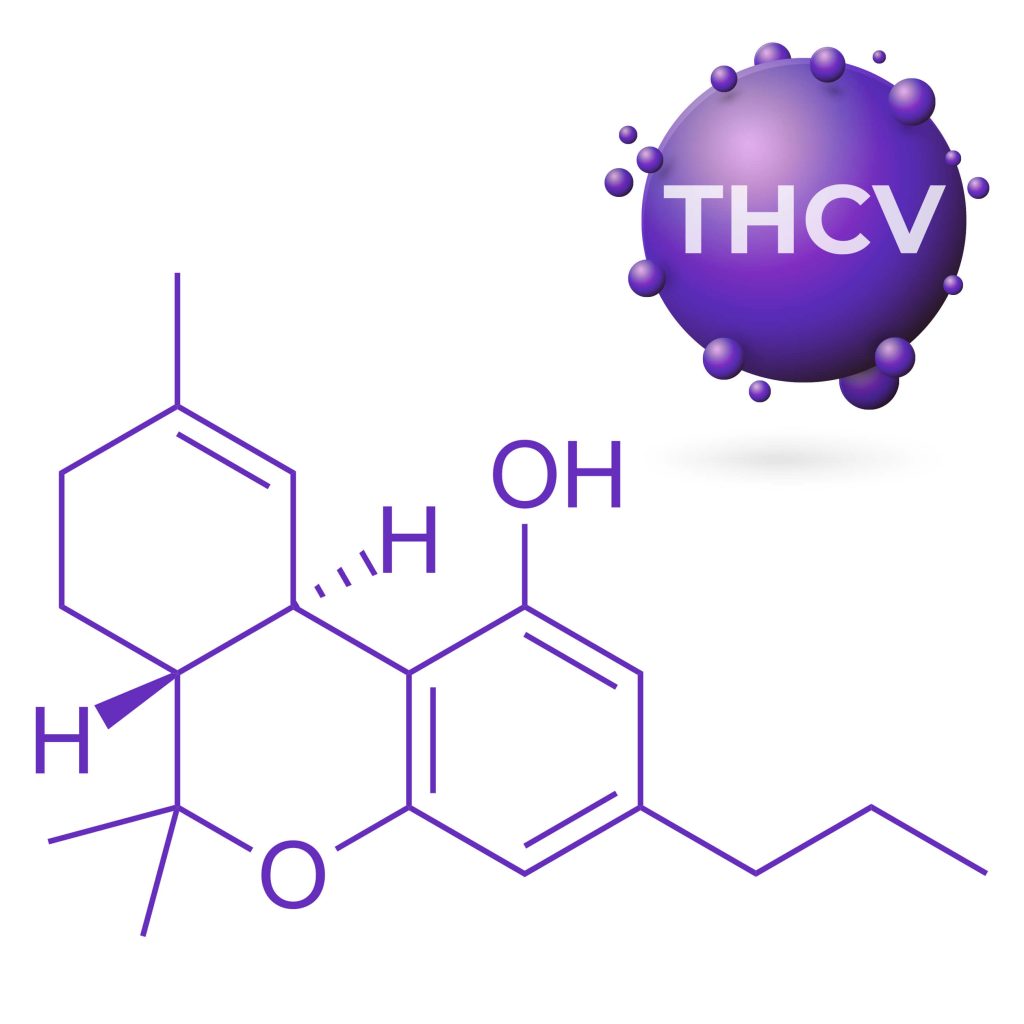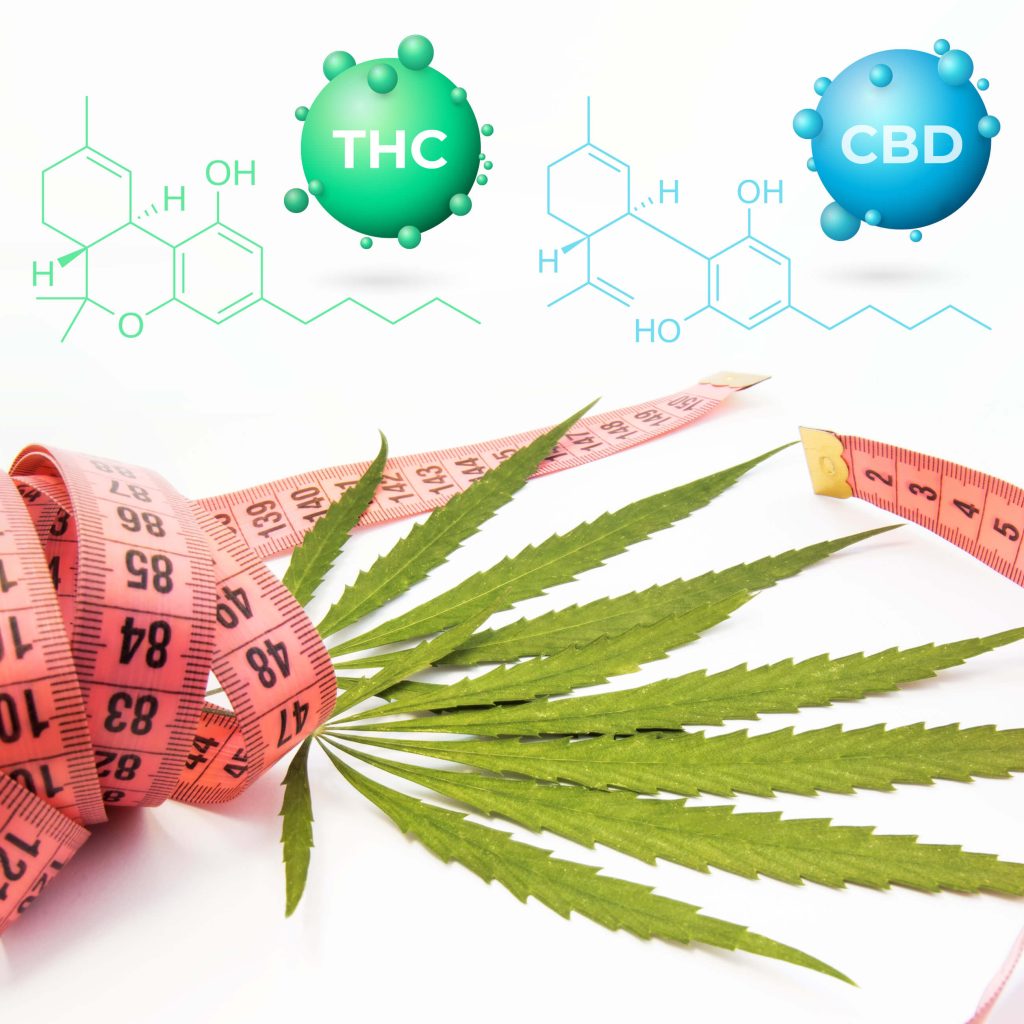The Effect of Cannabis on Metabolism
Cannabis is often celebrated for its ability to increase the appetite and prevent wasting. However, new research suggests that the endocannabinoid system’s role in energy metabolism is more profound than we initially thought. This puts some cannabinoids in the limelight as potential treatment strategies for metabolic disorders like obesity and diabetes.
When it comes to cannabis and metabolism, we mostly hear about cannabis’ appetite-stimulating effects. However, the body of research continues to grow into the potential of cannabinoids to have an effect that’s quite the contrary. What we’re learning now is that there are a number of cannabinoids that affect metabolism in profound ways.
Cannabis, once the munchies-inducing herb that helped people from wasting away, is now being investigated for its potential to treat metabolic disorders such as obesity and diabetes mellitus. The primary cannabinoid in question is THCV, although CBD has also shown several effects on energy metabolism.
Let’s delve into this interesting avenue of cannabis research and its implications for future medical uses of cannabis.
Metabolism and the endocannabinoid system

The endocannabinoid system (ECS) is a molecular regulation system by which the body maintains balance in several different aspects. The endocannabinoid system is involved in regulating immunity, synaptic plasticity, cell signalling, central nervous system functioning and metabolism.
Recent research suggests that a dysfunctional endocannabinoid system disrupts the balance in energy metabolism and can lead to an accumulation of visceral fat (around the belly and waist). The inability of the body to properly use energy is what characterises metabolic disorders such as type 2 diabetes.
In particular, the CB1 receptor and its endogenous ligands, anandamide and 2-AG, are thought to be the most heavily involved aspects of the endocannabinoid system in energy metabolism. When the endocannabinoid system is functioning correctly, these pathways enhance energy storage, usage, and expenditure. When the endocannabinoid system is not, energy metabolism can be dysregulated and contribute to obesity, diabetes, and dyslipidaemia.
Constant activation of the ECS is associated with metabolic processes carried out in the hypothalamus and peripheral tissue in those with obesity. It’s therefore hypothesised that cannabinoid receptor antagonists could have a significant pharmacological effect on those with obesity and other related disorders such as diabetes.
To put that into real-life context, THCV is one of the cannabinoid receptor antagonists capable of eliciting this effect. The implications of this are far-reaching as we discover just how much of a role the endocannabinoid system plays in one of the Western world’s most prevalent diseases: obesity.
How does THCV affect metabolism?
THCV isn’t an antagonist to the cannabinoid receptor itself. That means that it doesn’t block the cannabinoid receptor and prevent its cascade of events. Instead, THCV antagonises the ligands that bind to the CB1 receptor. This prevents the ligands from latching on and causing a cascade of events.

In a rodent study conducted in 2020, researchers administered THCV to obese and type 2 diabetic rats. Administration of THCV decreased the appetite, increased satiety and up-regulated energy metabolism. Researchers concluded that THCV could be clinically useful in the treatment of obesity and type 2 diabetes.
In another rodent study from 2013, researchers administered THCV to obese mice and found that it improved insulin sensitivity. It also restored insulin signalling in liver cells and muscle fibres. The researchers did note that it didn’t seem to affect overall food consumption or body weight.
Finally, THCV is around 25% as psychoactive as its counterpart, THC. This makes it a potential candidate for therapy as it can be applied across several demographics. Although this cannabinoid is not abundantly present in cannabis, the understanding of its mechanisms suggests a way that cannabinoids can be used in treating metabolic disorders.
What does the research say about CBD, THC and weight loss?

When it comes to CBD, the cannabinoid receptor in question is CB2. It remains in question because the medical world still isn’t sure what the CB2’s involvement with weight loss is precisely and how its endogenous ligands affect weight gain and weight loss.
In a 2011 study conducted on rats, CBD reduced weight gain. To assess the mechanism behind this, researchers administered AM630, a CB2 selective antagonist. This blocked the effects of CBD and led researchers to the hypothesis that the CB2 receptor is active in the process of weight gain and weight loss.
In another theory, researchers concluded that the downregulation of the CB1 receptor led to reduced BMI and reduced obesity. Interestingly, the researchers found that cannabis users (THC) had lower BMI’s but higher caloric intake than non-cannabis using people. They concluded that the long-lasting downregulation of the CB1 receptor reduces the storage of energy in adipose tissue and increases metabolic rates.
The cannabis and weight loss paradox
This seems to be one of the scenarios where cannabinoids have very targeted, specific effects. Paradoxically, cannabis can simultaneously cause an increase in appetite as well as a reduction in obesity. The likely explanation is the highly targeted nature of each cannabinoid’s role in energy metabolism.

It is still not fully understood how cannabis affects metabolism because it’s unknown how the endocannabinoid system governs metabolism. At the same time, THCV shows potential for natural therapies in diabetes and obesity treatment. It’s an exceptionally pertinent issue as the Western world faces obesity epidemics and their associated health risks.
How does cannabis affect your energy levels and appetite? Do different strains affect it differently? We’d love to hear your personal experiences in the comments.
-
Disclaimer:
This article is not a substitute for professional medical advice, diagnosis, or treatment. Always consult with your doctor or other licensed medical professional. Do not delay seeking medical advice or disregard medical advice due to something you have read on this website.



